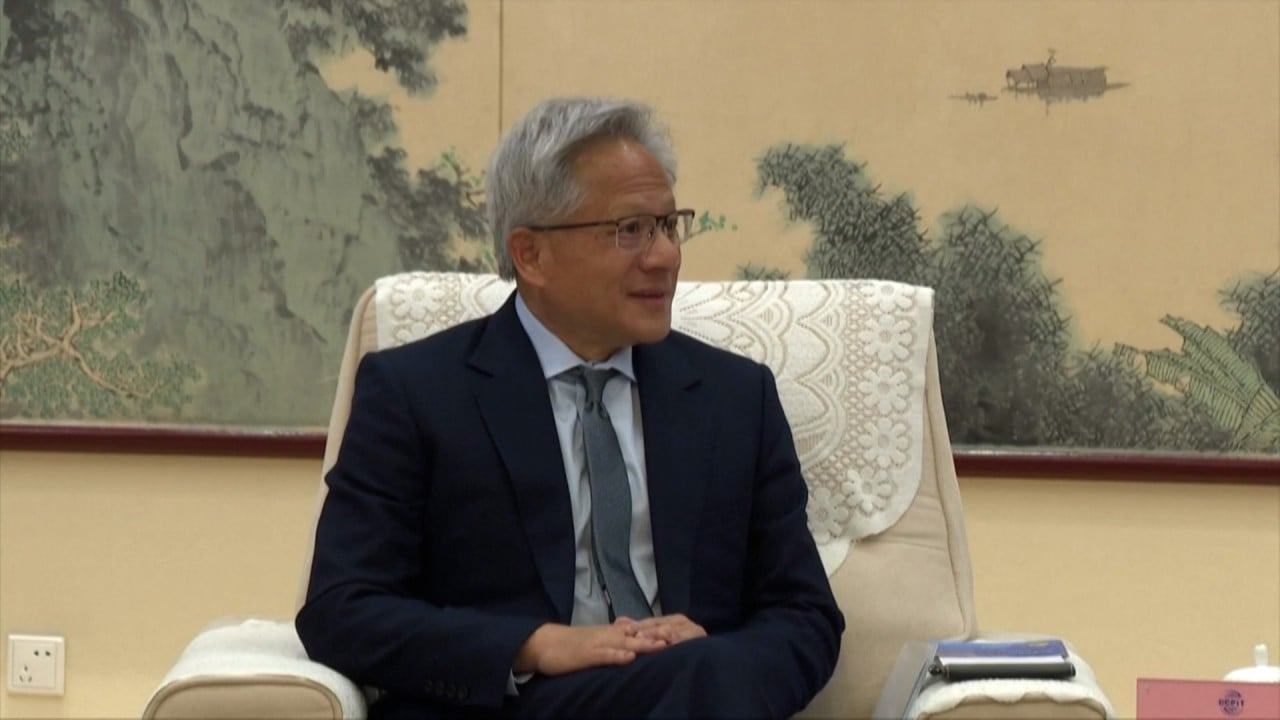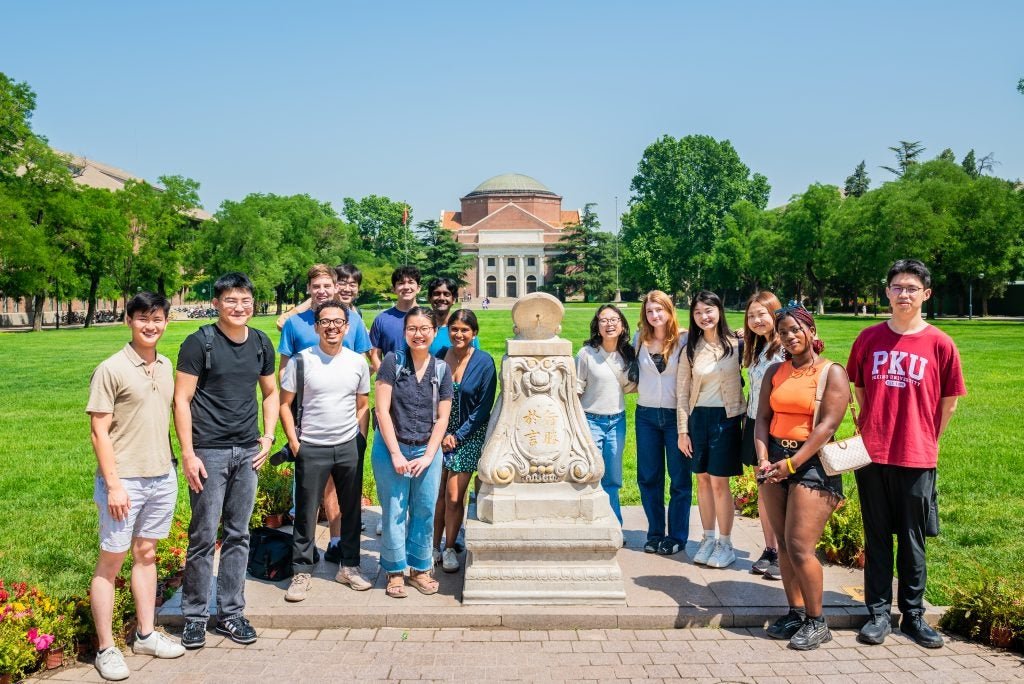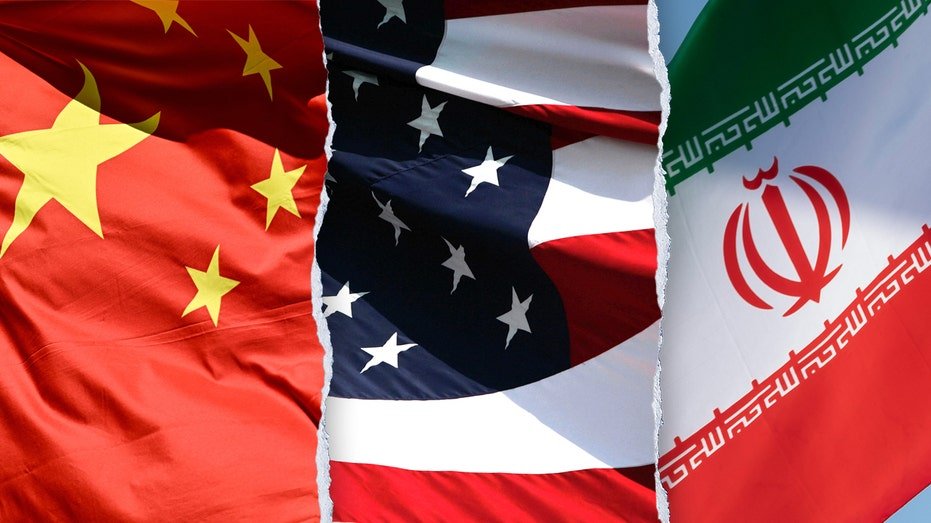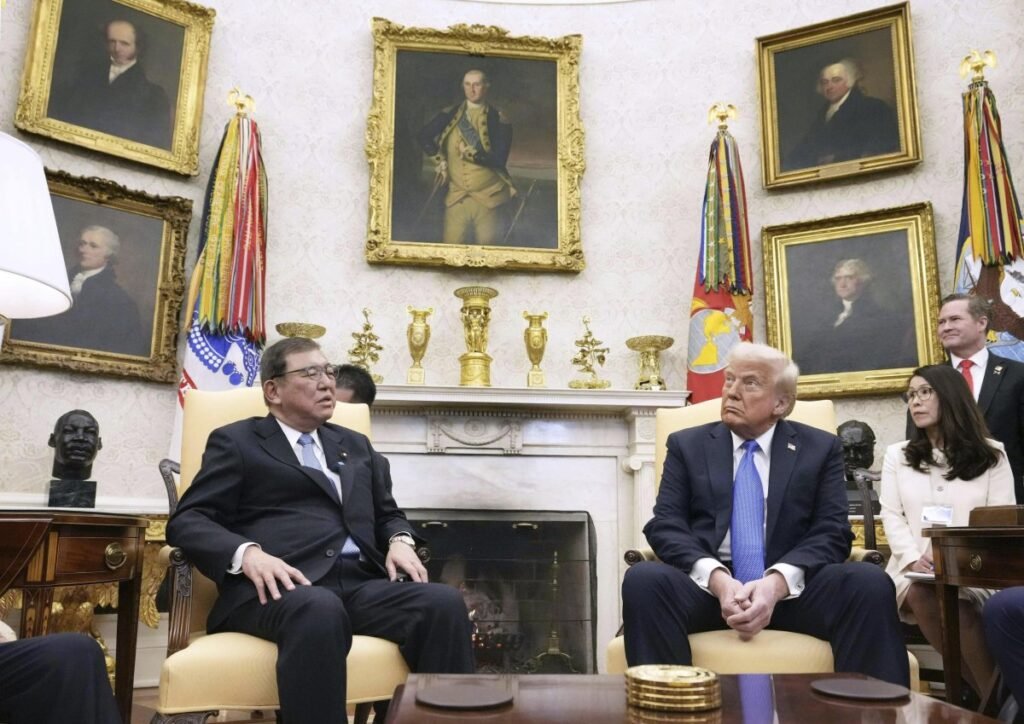Taiwan added Huawei Technologies and Semiconductor Manufacturing International Corp (SMIC), two of China’s leading chipmakers, to a trade blacklist a mid an intensifying tech rivalry between China and the US.
The International Trade Administration of Taiwan included Huawei, SMIC and a host of their subsidiaries in a Strategic High-Tech Commodities Entity List, according to the updated list published by the island’s Ministry of Economic Affairs on its website on Saturday.
Huawei and SMIC did not immediately respond to a request for comment on Sunday.
The entity list barred both companies from acquiring key semiconductor technologies from Taiwanese companies, dealing a blow to China’s chipmaking ambitions to rival US producers like Nvidia.
Beijing sees self-governed Taiwan as part of China to be reunited by force, if necessary. Most countries, including the US, do not recognise Taiwan as an independent state, but Washington is opposed to any attempt to take the island by force and is committed to arming it.

01:38
China a ‘key market’, says Nvidia CEO Huang during Beijing visit as US bans AI chips
China a ‘key market’, says Nvidia CEO Huang during Beijing visit as US bans AI chips
The latest restrictions would further tighten existing loopholes and curb collaboration between Chinese firms on the entity list and Taiwanese companies, adding to a series of export bans by the US on mainland tech leaders, said Ray Wang, a Washington-based semiconductor and tech analyst.







